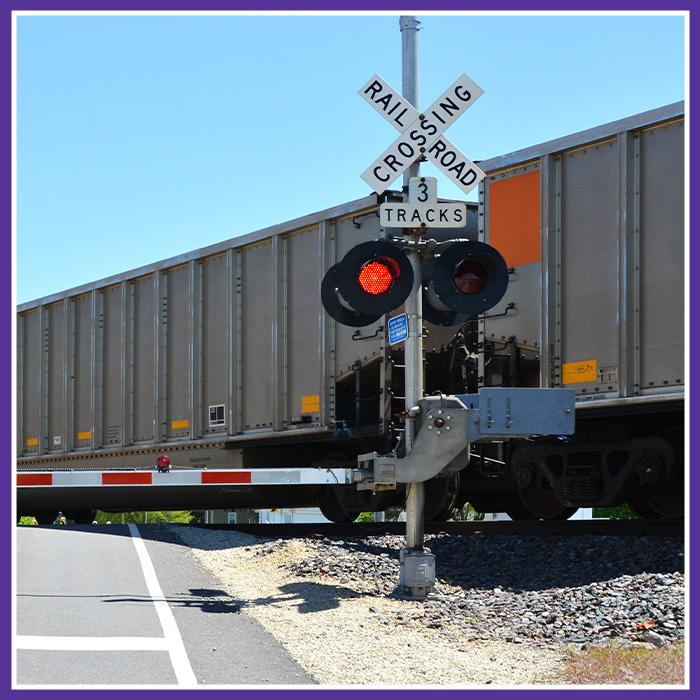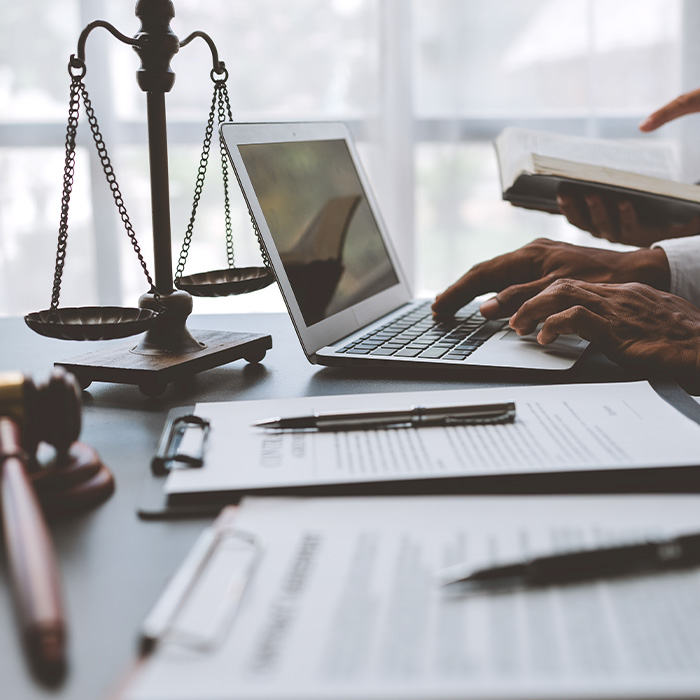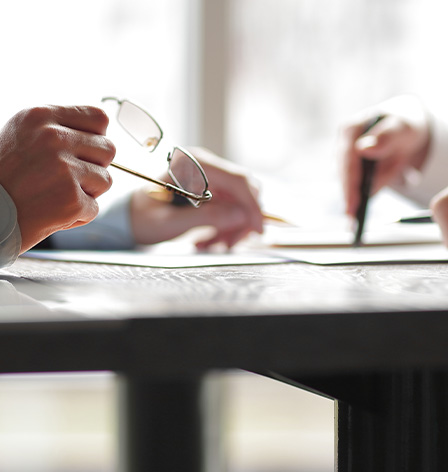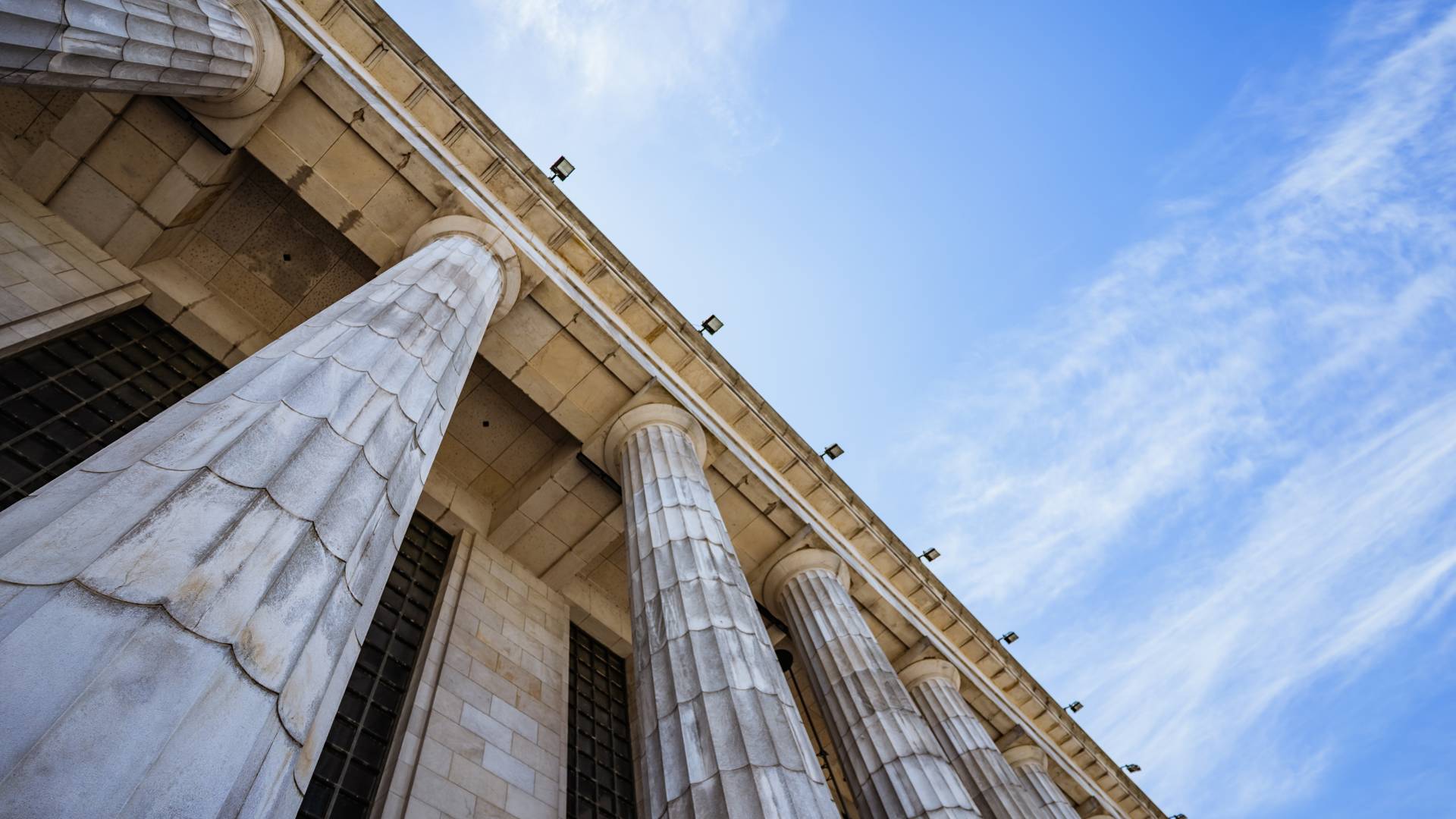
North Carolina Train Accident Lawyer
Because of their large size and the speed at which they travel, trains can be extremely dangerous when involved in collisions with other vehicles or trains. For these reasons, train accidents tend to result in catastrophic injuries, some of which can even prove deadly.
Those who are responsible for causing these types of accidents can and should be held responsible for their actions, so if you or a loved one were injured in a train accident, whether a collision or a derailment, it is important to contact an experienced North Carolina train accident lawyer who can evaluate your case and explain your legal options.


-
“Integrity”
“In addition to his substantive contributions to railroad grade crossing safety, I have personally observed his untiring efforts and contributions to improving the integrity of the legal system.”- Elizabeth Hardy -
“Beyond Belief”
“His knowledge of the rail industry and his willingness to share his knowledge with other people who do railroad work is beyond belief to me.”- Mike Bee -
“Given Hope”
“Through his efforts, he has single-handedly given hope to victims who are injured or killed as a result of dangerous railroad crossings”- Donald Vasos -
“Impressed”
“Nathan is a warrior fighting the railroads.”- Jonathon (Jon) C. Clark -
“Excellent Results”
“Nathan Karlin has my strongest endorsement in the field of railroad crossing cases and personal injury law.”- Joseph M. Miller -
“Would Recommend Without Hesitation”
“In each case, Nathan always possessed an incredible knowledge of the law and the facts, possessed a great talent for aggressive – strategic legal planning and trial tactics while, at the same time, displaying great skill as an effective negotiator.”- Scott McCluen -
“First Call is Nathan's Firm”
“Nathan’s knowledge and experience in handling and trying cases against these litigation savvy railroad companies gives me the confidence to know that the clients and cases I refer to him are getting the best of the best.”- James Perrin -
“Hard-Working”
“The staff is helpful, professional, and responsive.”- Tracy D.

Common Train Accident Causes
Like car crashes, there are a number of different kinds of train accidents, all of which have different causes. However, almost all train accidents fall under one of the following categories:
- Derailments;
- Collisions with other trains or vehicles; or
- Pedestrian accidents at railroad crossings.
Tragically, all of these kinds of accidents are preventable, as they are usually the result of at least one party’s negligence. Some of the most common accident causes include:
- Human error, such as engineer negligence;
- Mechanical failure due to a lack of rail maintenance or a defective train part;
- Unsafe track design;
- Faulty equipment;
- Track defects, including broken rails caused by a lack of maintenance or improper construction; and
- Overgrown foliage that obscures an engineer’s view.
-
Purpose-Driven Representation
We handle each case with the belief that the legal system should be a tool for positive change. Our work often leads to broader safety improvements, not just individual outcomes.
-
Focused on Serious Injury Cases
Our practice centers on railroad crossing accidents and other catastrophic injuries. These complex cases demand deep experience and a commitment to long-term impact.
-
Personalized, Accessible Legal Support
We maintain a welcoming environment where clients are heard, supported, and informed. Our team approach ensures you’re never left wondering where your case stands.
-
Free Consultations, Contingency-Based FeesWe offer free consultations and only get paid if we recover compensation for you. It’s one way we make justice more accessible for those who need it most.

Degree of Care
Train and railroad companies are considered to be common carriers, which means that they are required to use the highest degree of care to ensure that passengers are kept safe. This means that they must take the following steps:
- Ensure that their tracks are constructed with the proper materials;
- Inspect the rails for defects and hazards and keep them free of vegetation;
- Hire qualified employees;
- Ensure that all warning signals are in working order;
- Maintain and repair their rails and trains; and
- Properly train and supervise engineers, conductors, and other train employees.
Failing to fulfill this duty of care can have deadly repercussions, for which the responsible parties can be held liable. In fact, in some situations, more than a single entity or individual could be held liable. For example, a train’s engineer could be held responsible for speeding into a turn, as a result of which the train derailed. However, the engineer’s employer could also be required to pay a portion of the damages if it failed to properly train or supervise the employee. Additionally, if there is evidence that the design of the track contributed to the accident or that overgrown vegetation inhibited the engineer’s vision, then the government agency or company responsible for track design and maintenance could also be required to compensate any victims.


.2506250842194.png)
.2506261042099.png)


.2506250835483.png)
